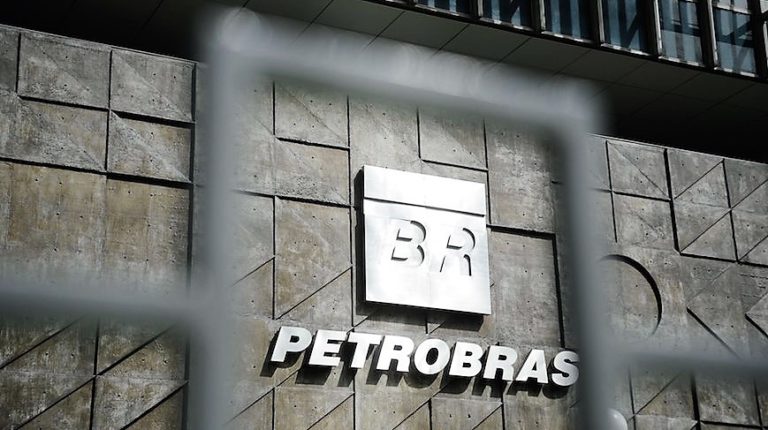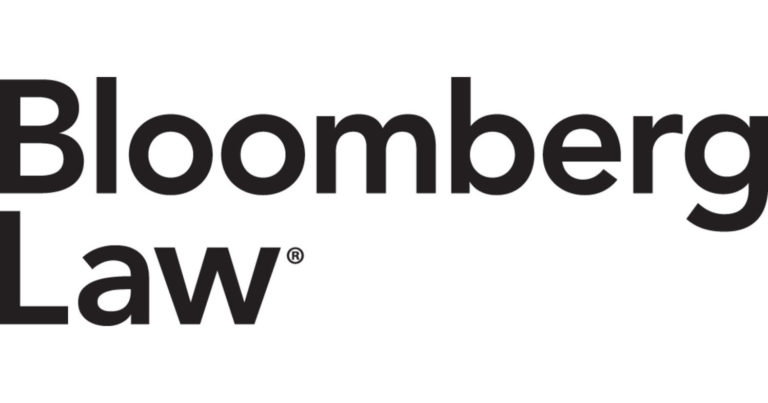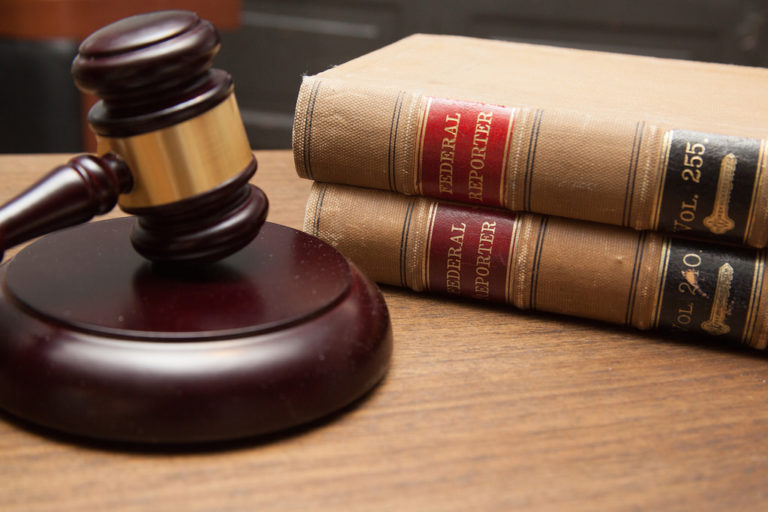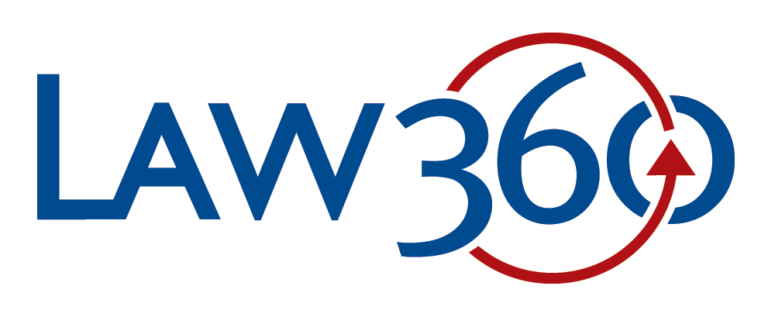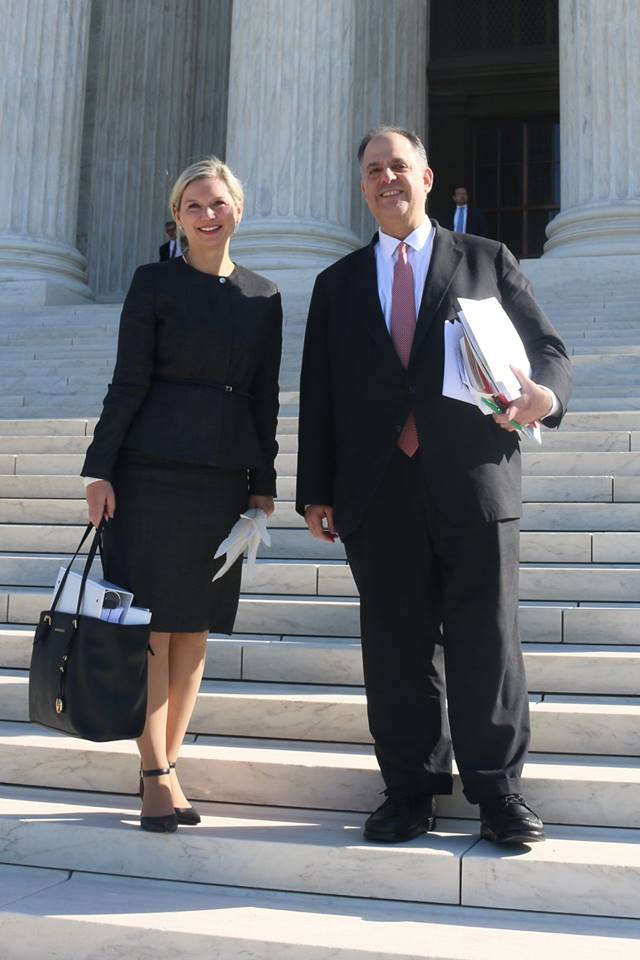CCAF Wins Appeal, Heads Back to Court to Challenge Bad-Faith Objectors in Pearson Class Action
Today, the U.S. Court of Appeals for the Seventh Circuit agreed to allow the Center for Class Action Fairness go back to court and challenge the actions of professional, bad-faith objectors.


